http://www.washingtonpost.com/wp-dyn/content/article/2007/12/17/AR2007121702151.html
But former FBI officials privy to details of the case continue to dispute the CIA's account of the effectiveness of the harsh measures, making the record of Abu Zubaida's interrogation hard for outsiders to assess.
There is little dispute, according to officials from both agencies, that Abu Zubaida provided some valuable intelligence before CIA interrogators began to rough him up, including information that helped identify Khalid Sheik Mohammed, the alleged mastermind of the Sept. 11 attacks, and al-Qaeda operative Jose Padilla. Footnotes in the 9/11 Commission report attribute information about a variety of al-Qaeda personnel and activities to interrogations of Abu Zubaida beginning in April 2002 and lasting through February 2004.
and
During his first month of captivity, Abu Zubaida described an al-Qaeda associate whose physical description matched that of Padilla, leading to Padilla's arrest at O'Hare International Airport in Chicago in May 2002. A former CIA officer said in an interview that Abu Zubaida's "disclosure of Padilla was accidental." The officer added that Abu Zubaida "was talking about minor things and provided a small amount of information and a description of a person, just enough to identify him because he had just visited the U.S. Embassy" in Pakistan.
Other officials, including Bush, have said that during those early weeks -- before the interrogation turned harsh -- Abu Zubaida confirmed that Mohammed's role as the mastermind of the Sept. 11 attacks.
And we should believe this, why?
Evidence destruction raises presumption of guilt
Terrorism must be stopped, but the methods used by Bush and his henchman, Cheney, were based upon violence against the American people, murder of innocent Middle Eastern civilians, cover-up of the truth, lies, torture ...
Monday, December 17, 2007
By William Sumner Scott, J.D.
http://www.speroforum.com/site/article.asp?id=13061
At least, destruction or "spoliation" of evidence gives rise to an inference that the evidence would have been unfavorable to the person who destroyed the evidence.
The theory of the spoliation inference is that when a party destroys evidence, it may be reasonable to infer that the party had consciousness of guilt or other motivation to avoid the evidence. Therefore, the factfinder may conclude that the evidence would have been unfavorable to the spoliator.
http://en.wikipedia.org/wiki/Spoliation_of_evidence
http://library.findlaw.com/products-liability/evidence/spoliation/sanction-for-spoliation/index.html
9/11 Commissioner Jamie Gorelick knows this, having written a book on the subject:
http://books.google.com/books?id=SJbzNaHY43QC&dq=%22destruction+of+evidence+is+a+crime%22
Thanks to George Washington for pointing this out:
http://georgewashington.blogspot.com/2006/12/911-commissioner-expert-on-destruction.html

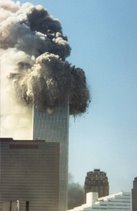

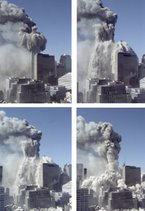

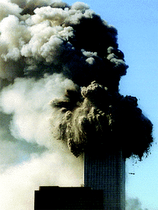

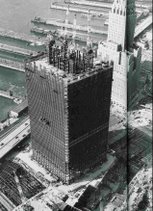
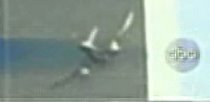
No comments:
Post a Comment